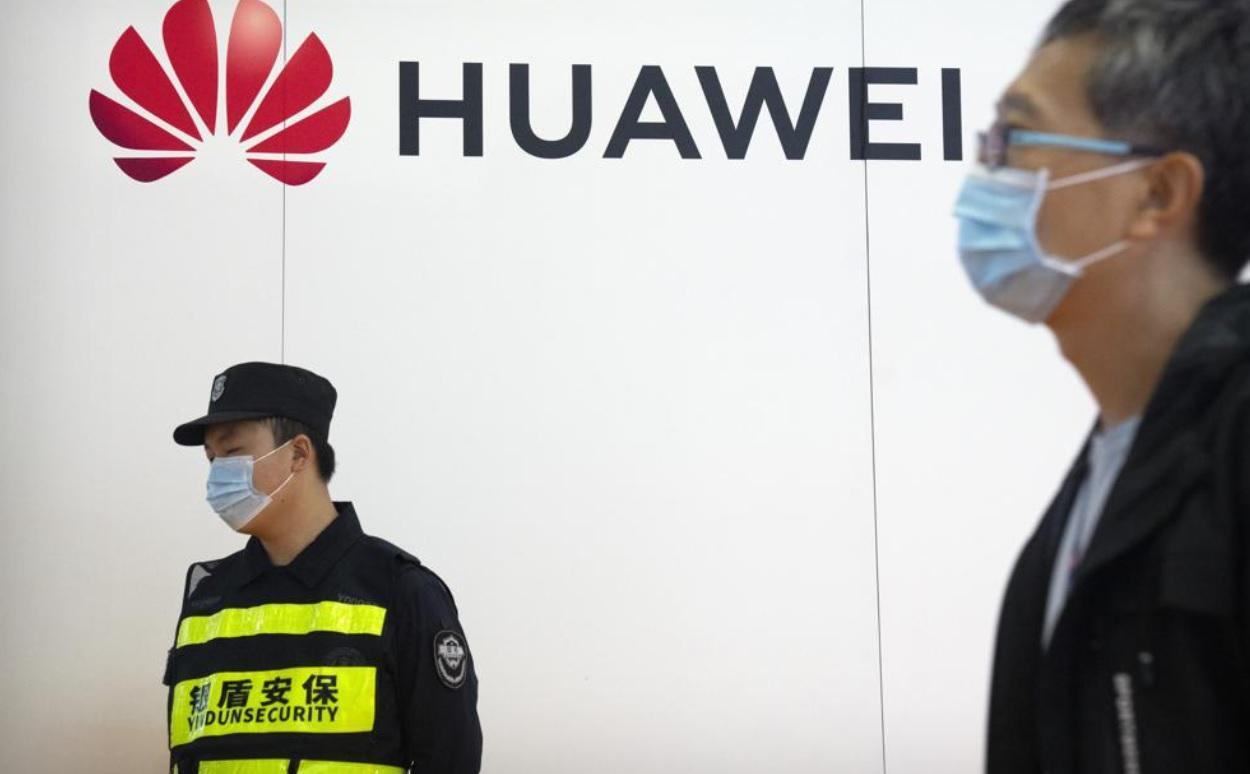
Chinese telecoms giant Huawei yesterday reported record profit for 2021, defying the U.S. sanctions aimed at it as executive Meng Wanzhou made her first public appearance since returning to China from Canadian custody.
Huawei’s revenue fell by around 29 percent last year to 636.8 billion yuan ($100 billion), as it grappled with U.S. sanctions aimed at blocking access to key technology and supplies.
But the slump under U.S. sanctions appears to be slowing, and the company said its net profits hit a new record - surging 75.9 percent on year to 113.7 billion yuan.
“Despite a revenue decline in 2021, our ability to make a profit and generate cash flows is increasing, and we are more capable of dealing with uncertainty,” Meng said.
The company has been caught in the crosshairs of a U.S.-China trade and technology rivalry, with the administration of former U.S. President Donald Trump moving to cripple it over cybersecurity and espionage concerns.
The results, announced in Chinese tech hub Shenzhen, also marked their first return to the limelight of Meng since her high-profile return to China after nearly three years under house arrest in Canada.
Meng, daughter of CEO and founder Ren Zhengfei, spent the years in Canada fighting extradition to the U.S., as Washington accused her of defrauding HSBC bank by trying to hide alleged violations of U.S. sanctions on Iran.
She returned home shortly after two Canadians were released from prison in China, ending a diplomatic row that poisoned ties between Beijing and Ottawa for years.
Smartphone sales stalled after the U.S. cut Huawei off from key parts and barred it from using Google’s Android services.
Huawei, founded in 1987, says it is owned by Chinese employees who make up half of its workforce of 195,000 people in 170 countries and regions.
It has stepped up emphasis on its home China market and on electric and self-driving cars, industrial networks, and other applications that are less vulnerable to U.S. pressure.